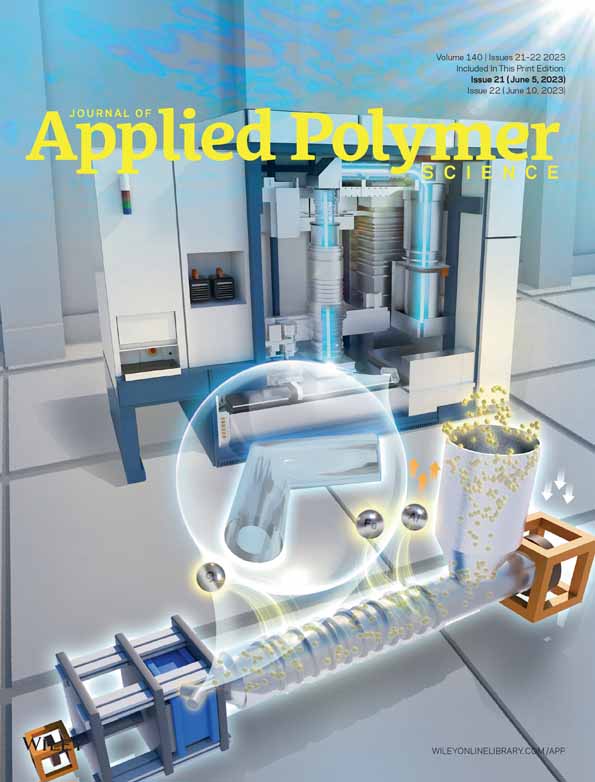Study on self-healing gel plugging agent based on non-covalent bonding interaction for drilling fluid
Abstract
During drilling in deep formations, it is challenging to form an effective plug to avoid borehole collapse under high temperatures and pressures. In order to simultaneously improve the high-temperature resistance and interparticle interaction capability of traditional plugging agents, a new gel plugging agent (PCAA) with self-healing capability was developed using chitosan, acrylamide, and acrylic acid. The rheological properties of the PCAA indicate that all monomers of PCAA are essential components to improve the performance of the plugging agent. Each monomer has a unique capability, such as acrylamide playing a dominant role in the construction of the gel network, acrylic acid enhancing the gel structure, and chitosan improving the gel adhesion. PCAA can be stretched to 8.8 times prolonged, and its tensile stresses and self-healing rate in 16 h are 17.2 kPa and 78.5%, respectively. Under the extreme conditions of 180°C and 8% NaCl, PCAA still performs well in preventing drilling fluid from invading the sand layer due to its self-healing and plugging effects. In addition, the interaction of PCAA and clay improves the stability, rheological properties, and filtration reduction of drilling fluids at high temperatures. The developed PCAA has been successfully applied to the field with extreme conditions, providing insights into plugging agent design.
Open Research
DATA AVAILABILITY STATEMENT
The data that support the findings of this study are available from the corresponding author upon reasonable request.




